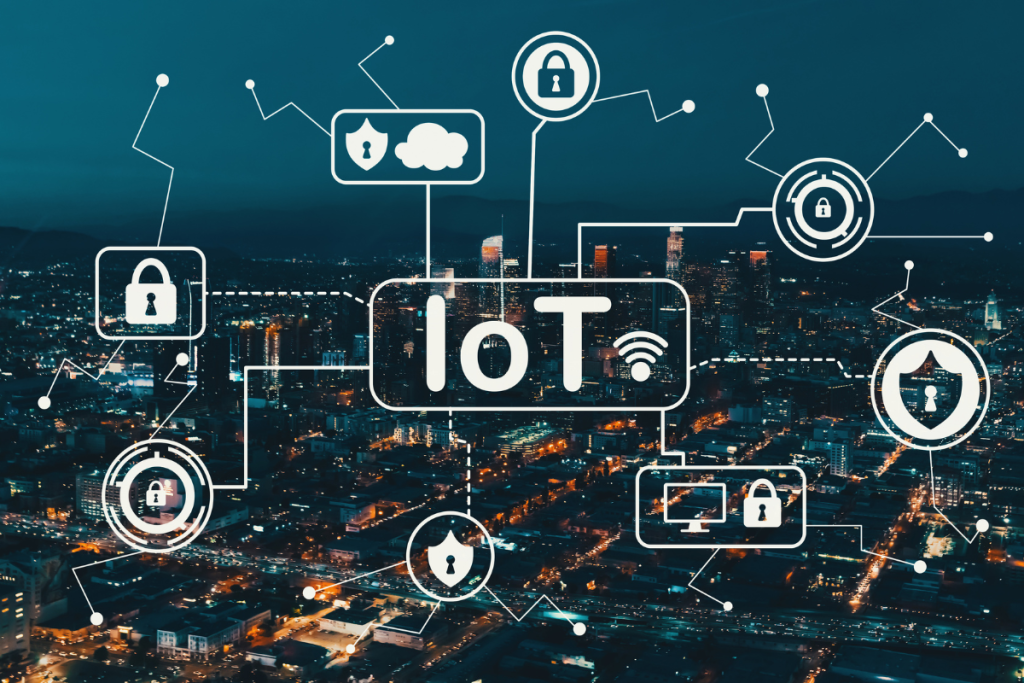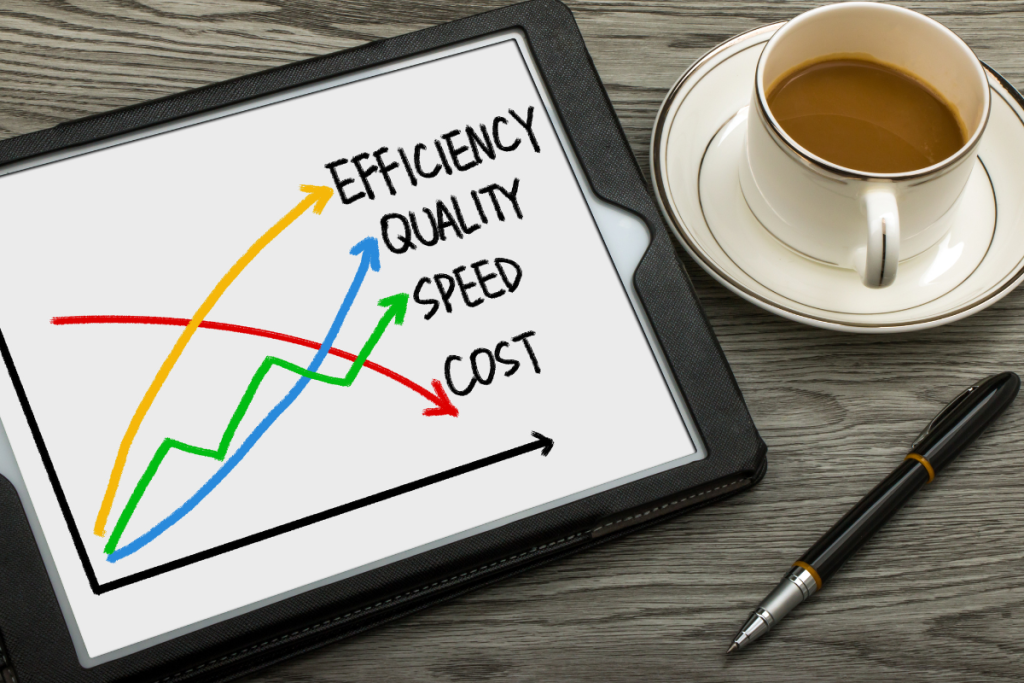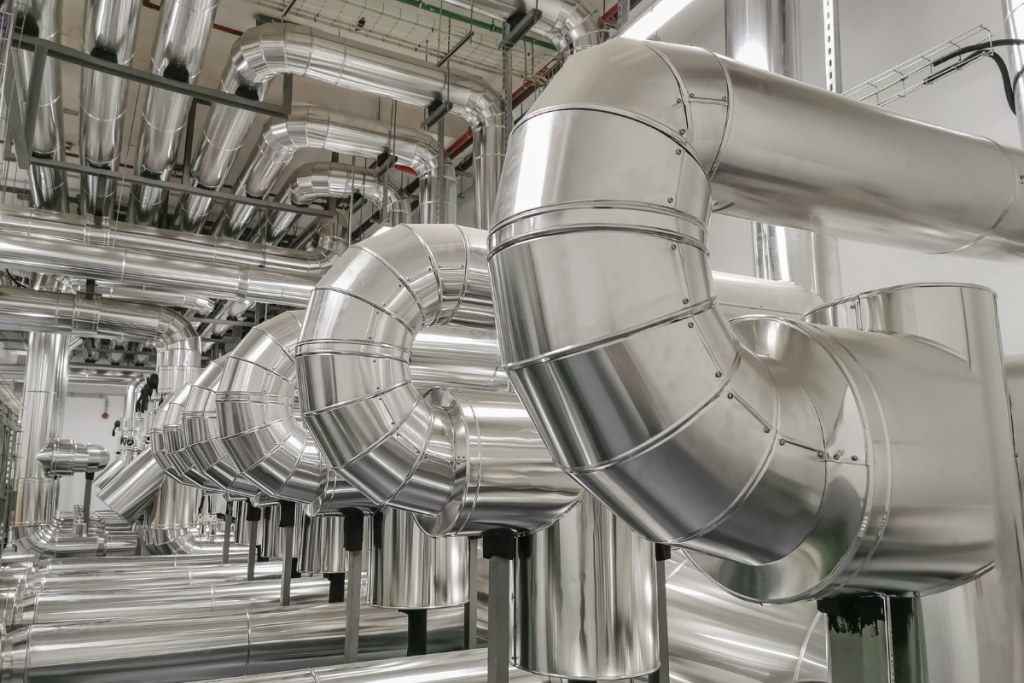It’s no secret that companies are going through revolutionary changes to adopt more sustainable practices. The public at large is now expecting corporations to demonstrate how they are viewing new product research and development through a climate lens. This has left many businesses scrambling to reallocate resources toward new environmentally friendly innovations.
Commercial property managers face the same challenges, especially when upgrading their HVAC systems to embrace new green innovations that attract tenants, manage energy consumption, and keep operations profitable.
Enter the IoT (Internet of Things) to help solve these issues.
IoT technology has revolutionized the commercial HVAC industry in several ways. They improve energy efficiency by allowing complete control of a space to be heated or cooled. Remote connectivity provides better customer service and product support. It also provides rich data that helps you optimize your system for continued efficient operation.
What Components Are Part of an Internet of Things system?
Although IoT systems can vary from building to building, most integrated applications involve the same essential components and technology, such as:
- HVAC System Sensors: There are several types of sensors that track activities on different parts of your HVAC system, such as temperature and humidity
- System Actuators: These components receive input from the scenarios and convert it into actions for the HVAC equipment to take
- Data Gateway: Working with wireless sensors that send data for processing, the gateway manages communication traffic within the entire smart HVAC system as well as to the cloud
At this point, cloud HVAC software stores and manages the information received for the most up-to-date virtual view of your system. The data is collected, analyzed, and shared to empower real-time diagnostics, preventative maintenance, and ongoing system optimization. Any anomalies, such as excessive power consumption, can be sent automatically to technicians, who can easily access the entire cloud system through a convenient mobile app or easy-to-use desktop dashboard.
READ MORE: How Technology is Transforming Commercial HVAC Systems
What Are The Benefits Of An Internet of Things HVAC System To Commercial Properties?
IoT technology carries several great benefits to commercial property managers, HVAC technicians, and building occupants, including:
- Real-time system monitoring: Imagine being able to have clear visibility into your HVAC system. With Internet of Things technology, you can. Smart sensors attach to the different components of your system to continuously monitor functionality. The information can be collected by your HVAC service team and shared amongst other stakeholders. By having an eye constantly on your system performance, you’ll be able to increase efficiency and reduce maintenance costs.
- Intelligent system adjustments: IoT systems are incredibly receptive to data. This technology observes and learns all about the different aspects of your building, such as temperature, humidity, user behaviour, and demand response. The information gathered will then be used to maintain a comfortable environment for your tenants at all times.
- Adaptation to outside factors: Smart sensors can also read external factors such as weather forecasts and current utility rates. With this information, IoT can make proactive changes that automatically keep your building comfortable while scaling back on use when it’s most convenient and cost-efficient to do so.
- Remote diagnostics: Before Internet of Things, someone would have to notice a problem with your HVAC system reactively and then call a technician to perform a site visit and visual inspection to diagnose the issue. IoT can detect and report issues within minutes of them occurring. The technician can then review the data and issue a remote diagnosis so the repair team can focus on fixing the problem rather than spend time finding it, saving time and money.
- Automated alerts: Automated notifications can be set up to alert your team when certain conditions are met, such as if HVAC performance dips below the norm. You can also program the system to send messages on energy consumption to your building tenants.
- Network connectivity: Smart sensors do more than collect data and make HVAC-setting decisions based on intelligence. They also enable communication between different systems and devices within your building without the need for a controller.
- User-friendly system: If your system interface is too hard to navigate, figuring out the problem costs time that’s better used fixing it. That’s why IoT technologies prioritize the user experience with simple user interfaces and quickly understood intelligence based on timely, accurate data.
READ MORE: How Technology Attracts New Talent Into The HVAC Space
Should My Commercial Building Be Upgraded To An IoT-Based HVAC System?
IoT is transforming how we interact with systems, objects, and one another. The technology spans all business sectors, improving management and maintenance of various processes, including commercial HVAC. When the result is longer-lasting systems, fewer maintenance and repair calls, better energy efficiency that benefits the environment, commercial property managers would be wise to explore the possibilities with their HVAC technicians.
If you’d like to chat about the benefits that IoT can bring to your HVAC system, feel free to call or email our team anytime. We’re always happy to help you discover ways to optimize your HVAC system with emerging technology.
Gregg Little, Paul DeThomasis, and Hugo Lopes are co-owners of Springbank Mechanical Systems. You can reach them at 905-569-8990 or via email at gregg@springbank.com, paul@springbank.com, or hugo@springbank.com.






